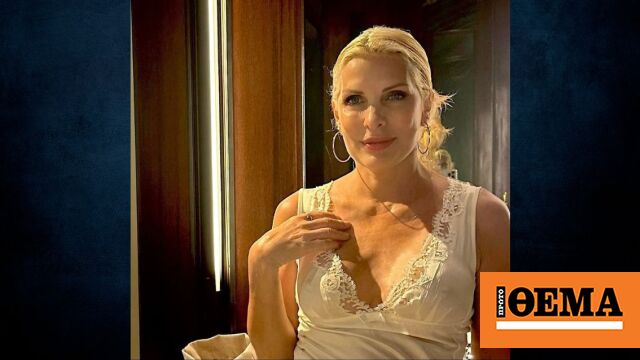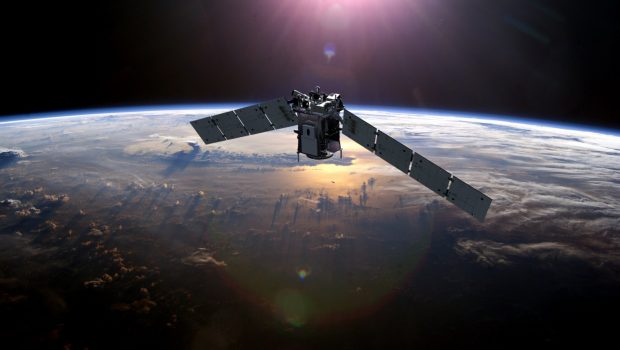
According to Oxfam, austerity “does not only do more harm than good – it kills”. It becomes a steam engine for inequality and poverty and “the economic system continues to unwind trillions of dollars in the hands of the wealthiest elite.”
Once again, Oxfam’s response to the International Monetary Fund’s Global Development Report has been harsh and paid-for. The organization that struggles to fight poverty around the world confirms that the International Monetary Fund finally admits that the austerity policy failed to reduce debt during the financial crisis, but it insists on the same ineffective policy, especially in poor countries where it lent money. .
In a statement, Nabil Abdo, Oxfam’s Senior Adviser to International Financial Institutions, said:
“The IMF is now saying that the policy of financial stability during the financial crisis – as in the current economic turmoil – has not succeeded in its main objective, which is debt reduction. It is positive that the IMF has finally recognized this sad fact, but it is a matter of great concern He continues to impose severe austerity measures on poor countries that he lends money to and that face huge economic challenges.”
As he notes, “Austerity cannot be the default policy plan for the IMF’s lending programs. There are alternative measures, such as progressive taxation, that the IMF could propose to countries to ensure a fair and sustainable collapse.”
‘Austerity kills’
He concludes that austerity “does not only do more harm than good – it kills”. It destroys lives and prospects. It cripples economies, and pushes countries’ progress back many years. It becomes a locomotive for inequality and poverty. Ordinary people most dependent on the state and the public sector for support pay the highest costs, while those in luxury and wealth can use their money to protect themselves from any loss.” This is essentially the conclusion of the Oxfam report, which was published on Monday.
The International Monetary Fund, in its annual report “Global Economic Outlook”, revises global growth forecasts, expecting a growth of 2.8% from the previous forecast of 2.9%, while in 2022 it was 3.4%. It also forecasts a 25% chance that global growth will fall below 2% in 2023, which has only happened five times since 1970, most recently in 2020 due to the pandemic.
The sharp decline in growth scenario (1.3% for 2023 and 1.4% for 2024) amounts to a 15% chance, with the IMF insisting that “the global economy is entering a dangerous phase where economic growth remains low and economic risks are at risk. But inflation has not started yet.” Decisively down.
Oxfam report
Just a day before the International Monetary Fund, Oxfam warned in its report that rich countries that put their own interests ahead of the world’s poorest people are creating a “black hole” worth $27 trillion. Low- and middle-income countries that are unable to withstand the losses and disasters due to climate change, to implement measures to adapt to new conditions, but also to invest in health, education and social protection.
Oxfam notes that all of these investments are necessary to tackle economic and gender inequality.
He points out that despite the dire consequences of austerity and climate change, which have hit the world’s poorest people, women and marginalized groups, the rich countries that gathered at the World Bank’s spring meeting in Washington (April 10-16) are discussing reforms that are likely to open up only a fraction. of the funding required.
Oxfam International’s Interim Executive Director, Amitabh Behar, noted, “Anyone who refuses to write off 11.5 trillion dollars in debt to treat climate change as too drastic, we are reminded that rich countries have raised about that much money to deal with the Covid-19 pandemic.”
added:
“To anyone who dismisses aid promises as unrealistic, we remind them that rich countries could raise more than $1 trillion dollars every year if they are willing to tax the rich. Everything depends on political will.”
Weights instead of life jackets
According to Amitabh Behar, “Our financial system continues to pump trillions of dollars into the hands of the richest elite” and stressed that “Billions in windfall, which has led to the cost of living crisis, are lining the pockets of wealthy shareholders.”
He added that “for the first time in 25 years, extreme wealth and extreme poverty have risen simultaneously. An additional 71 million people have moved into poverty in just four months in 2022 due to increases in food and fuel prices.”
He criticized the International Monetary Fund, stating that it “applies austerity policies to the economies of the poorest countries, suffocating them, because instead of life jackets, it gives them pencil weights.”

“Hipster-friendly coffee fanatic. Subtly charming bacon advocate. Friend of animals everywhere.”





More Stories
The man moved to a five-star, all-inclusive hotel because it was cheaper than his rent
USA: The cursed steamship Adela Shores that disappeared 115 years ago has been found – Newsbomb – News
The Iraqi father who lost his 7-year-old daughter in the English Channel is deeply saddened